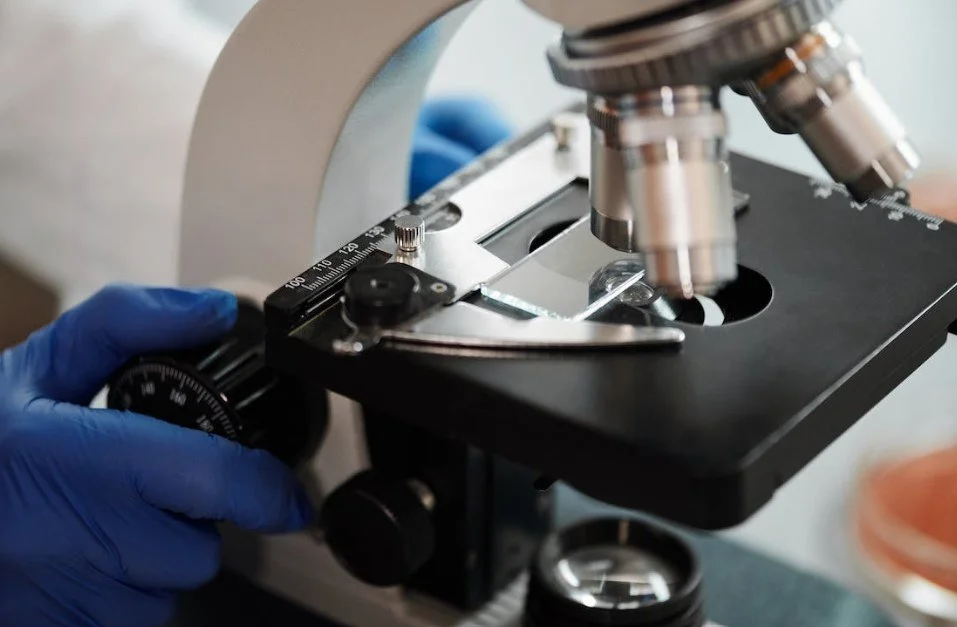Genetic Testing for Developmental Delay: Panels, WES, or WGS?
Early identification of developmental delay is important because it allows for early intervention and treatment. Research has shown that early intervention can improve outcomes for children with developmental delays, including improved cognitive and social skills, better school performance, and greater independence in daily activities.

What is Developmental Delay?
Developmental delay refers to significant delay or lack of progress in one or more areas of development, including motor, language, cognitive, and social/emotional skills.
Developmental Delay Symptoms
Symptoms of developmental delay vary depending on the specific area of development affected, but may include
- Delays in reaching developmental milestones, such as sitting up, crawling, walking, or talking
- Difficulty with fine or gross motor skills
- Trouble understanding and following instructions
- Poor social skills, such as difficulty making friends or playing with others
- Behavior problems, such as tantrums or aggression
- Difficulty with self-care tasks, such as dressing or feeding oneself

Developmental Delay Diagnosis
To diagnose a developmental delay, the doctor may do a physical examination and evaluate the child’s development using standardised assessments. The doctor may also ask about the child’s medical history, including any complications during pregnancy or birth.
Genetic testing may also be used to diagnose a developmental delay. Genetic testing is increasingly being emphasised because many developmental delays have a genetic basis. The American College of Medical Genetics and Genomics (ACMG) guidelines recommend genetic testing(WES/WGS) as a first-line diagnostic tool for children with global developmental delay or intellectual disability.
Certain well-known genetic conditions, such as Down’s syndrome or fragile X syndrome, can cause developmental delays. Genetic testing can identify these conditions and help guide treatment and management before symptoms progress further.
Which genetic testing is the most appropriate for developmental delay?
Children with developmental delays should have rapid genetic testing because early diagnosis can lead to better outcomes, including improved management and treatment, appropriate educational planning, and genetic counseling for the family. Rapid genetic testing can also help avoid unnecessary testing and interventions.
Despite a targeted panel sequencing has been a good option when certain genetic conditions are suspected, i’s not like that anymore. Because suspected disease-causing variants continue to be discovered on a steady basis. Targeted panel sequencing typically cover a few hundred to a few thousand genes, while WES covers the coding regions (exons) of all known protein-coding genes in the human genome, which is approximately 20,000 genes.
It is designed to detect variations in a targeted set of genes, the test could be faster and less expensive than WES and WGS. However, it is closing the gap with WES and WGS, which are also coming down in price rapidly.

Also if the cause of the developmental delay is unknown or there is a suspicion of multiple genetic conditions, whole exome sequencing or whole genome sequencing may be highly recommended. These tests can identify variants in a large number of genes and have the potential to uncover previously undiagnosed genetic diseases.
In terms of choosing between whole exome sequencing and whole genome sequencing, whole exome sequencing may be preferred if the focus is on identifying variants in coding regions of the genome, where most disease-causing variants are found. However, whole genome sequencing provides a more comprehensive analysis of the genome, which may be helpful for identifying variants in non-coding regions or for identifying structural variations that may be missed by whole exome sequencing.

Low muscle tone is one of the possible signs of developmental delay.
Learn more about hypotonia and floppy infant syndrome.
Get exclusive rare disease updates
from 3billion.

YoonJung Shin
Content Marketer







